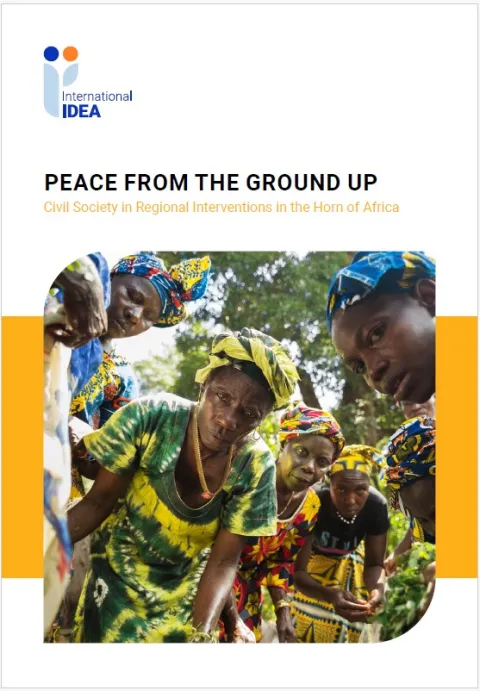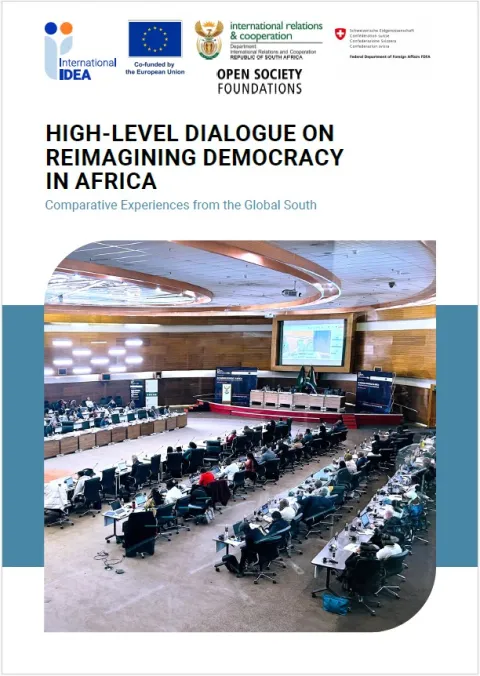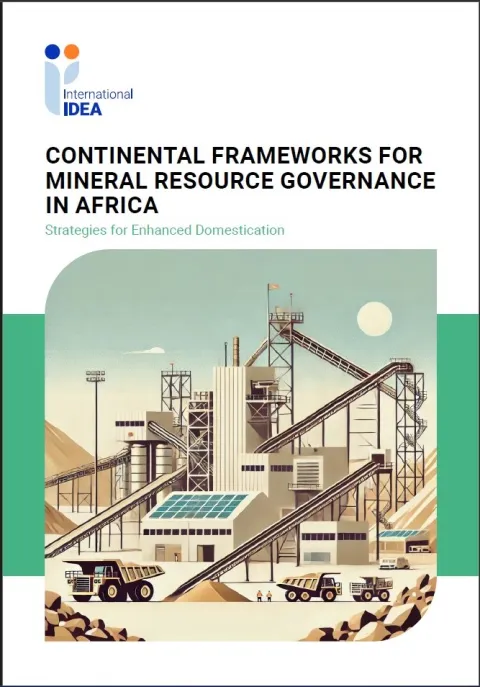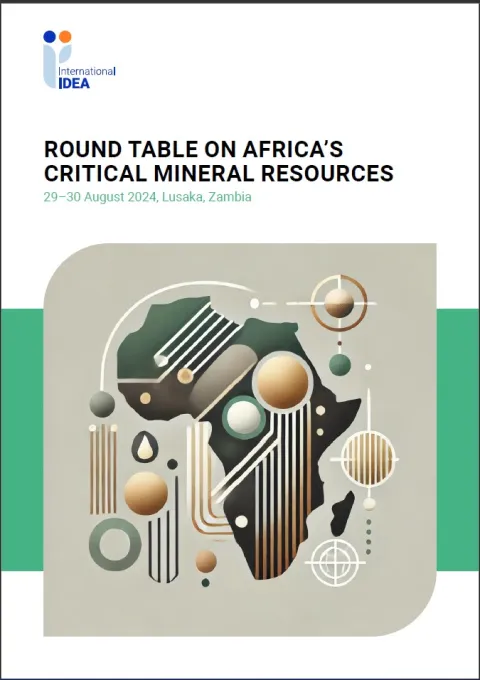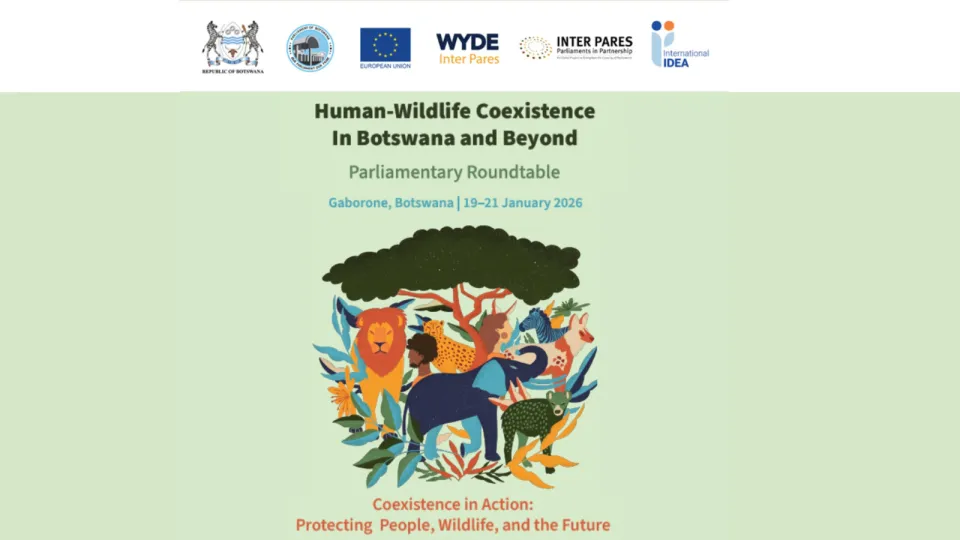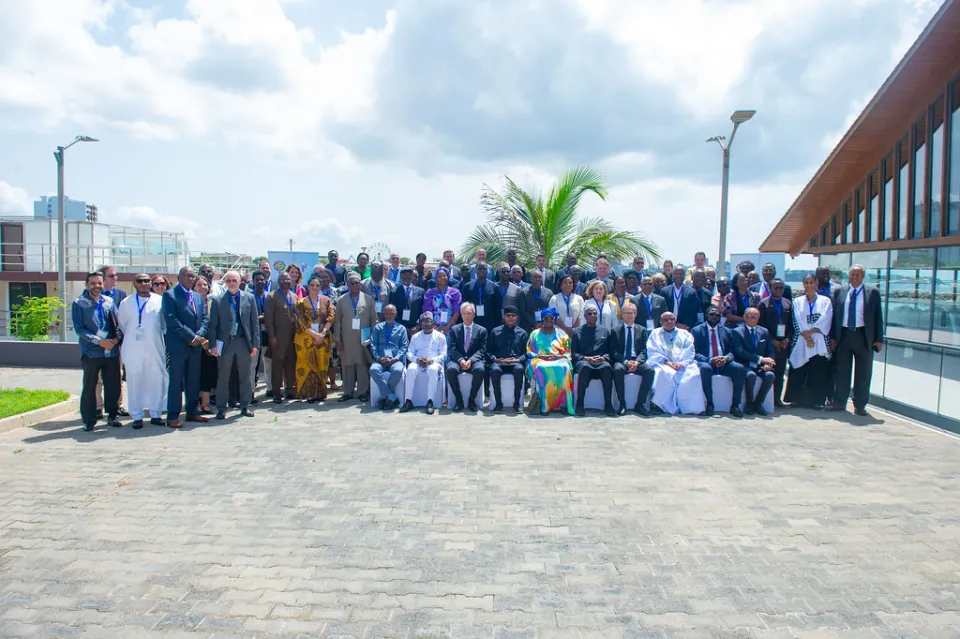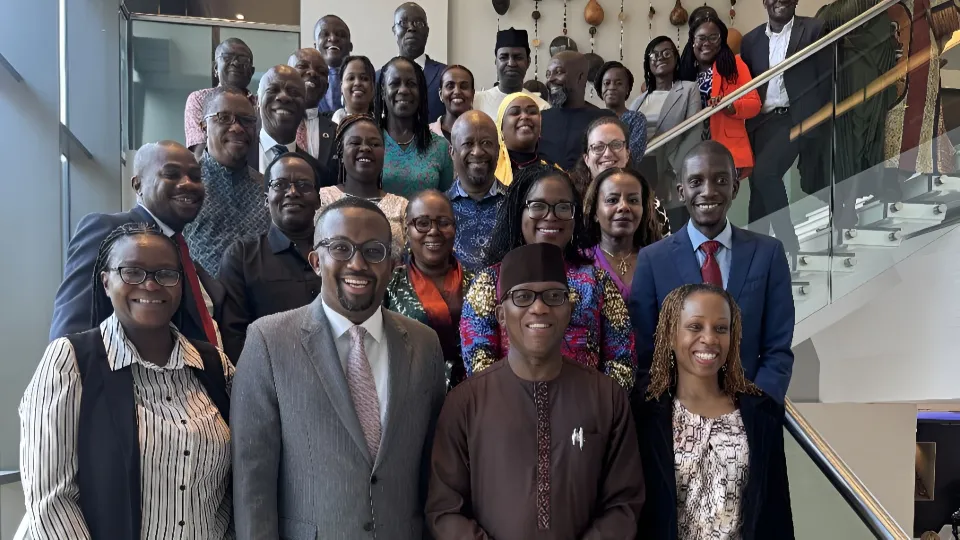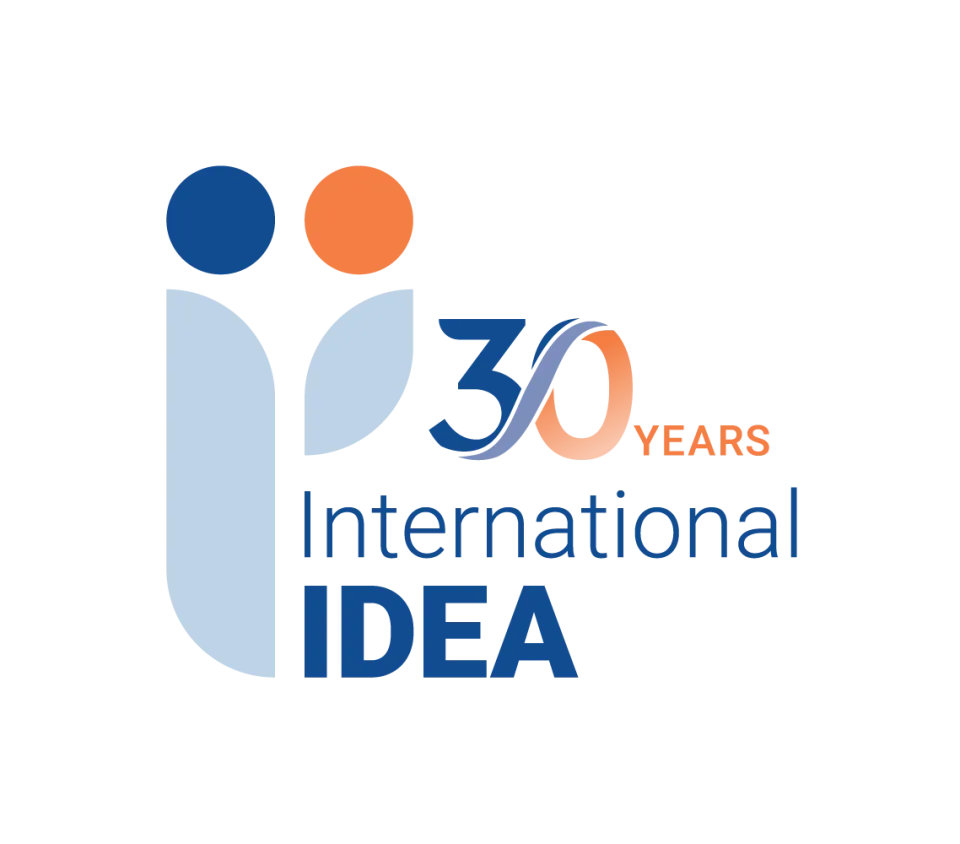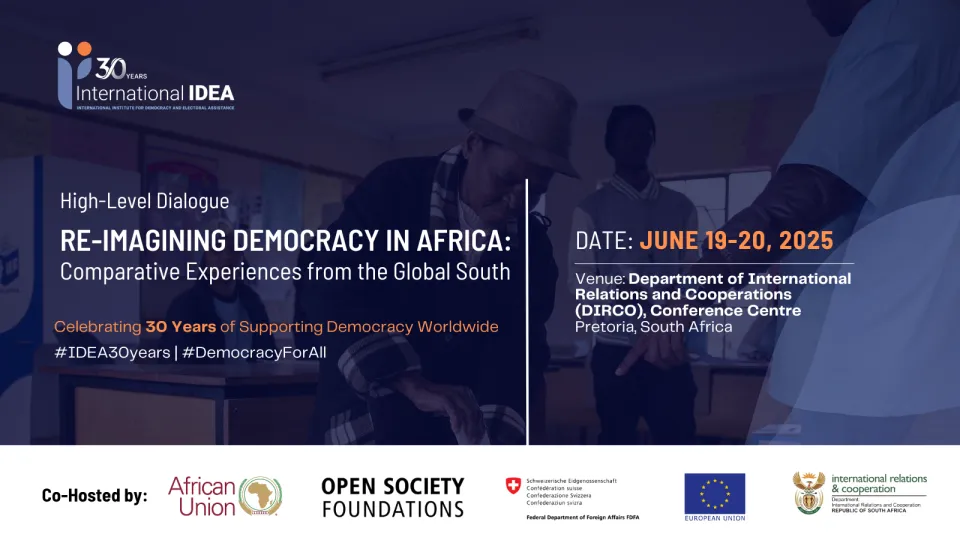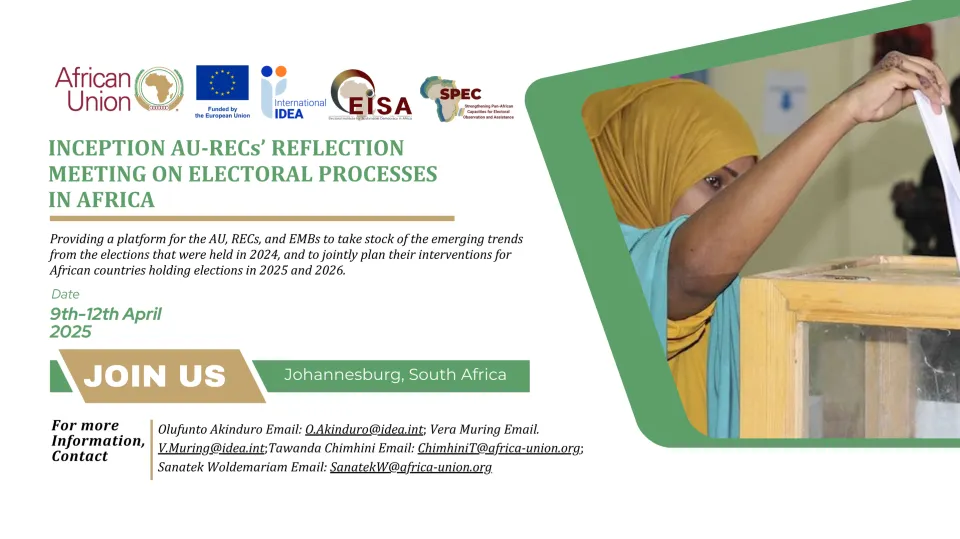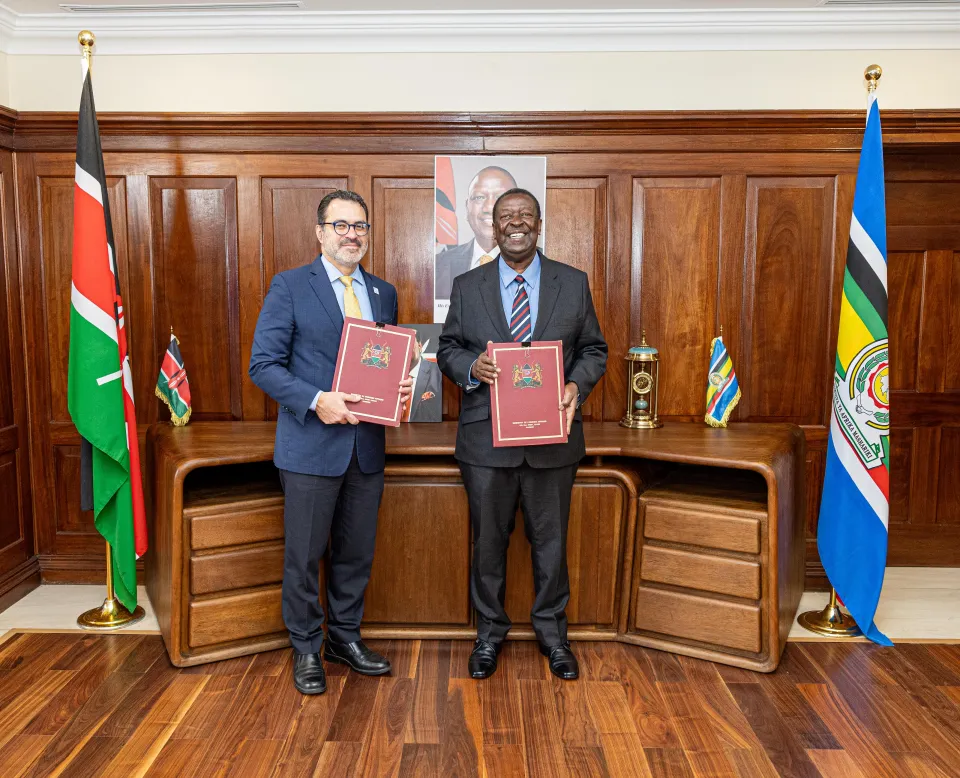Tackling the Resource Curse: The role of democracy in achieving sustainable development in resource-rich countries
This Discussion Paper provides a critical survey of the academic and policy literature that investigates the role of democratic arrangements and practices in sustainable and inclusive development through the prudential governance of oil, gas and mining resources. It covers different government systems, world regions and countries.
The findings suggest that if the question is ‘does democracy lead to better development outcomes in countries rich in oil, gas and mining resources?’, the ‘yes’ answer should be a very cautious and qualified one. While certain aspects of democratic arrangements and practices are empirically linked to sustainable and inclusive development outcomes, others are not—and may, under some conditions, undermine the achievement of such outcomes.
Finally, several theoretical and methodological issues are identified that affect many studies in this literature and hinder making inferences from their findings. Six illustrative cases are discussed to highlight important aspects of the relationship between democracy, natural resources and development.
Details
Contents
Summary
Introduction
Conceptual framework
The role of institutions
Democracy, rents and development: cross-national evidence
Outcomes
Stakeholder participation
Accountability
Regions, resources and rents
Conclusion: taking stock of evidence
Appendix 1: countries rich in oil, gas and mining resources
Appendix 2: illustrative case studies
Acronyms and abbreviations
References
About the authors
Give us feedback
Do you have a question or feedback about this publication? Leave us your feedback, and we’ll get back to you
Send feedbackTackling the Resource Curse: The role of democracy in achieving sustainable development in resource-rich countries
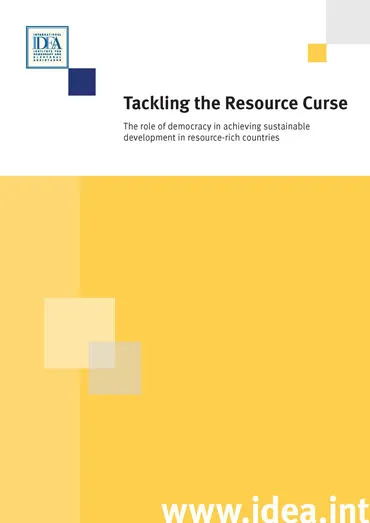
| Total views | 4900 |
|---|---|
| Downloads | 70 |
| Rating |
Give us feedback
Do you have a question or feedback about this publication? Leave us your feedback, and we’ll get back to you
Send feedback